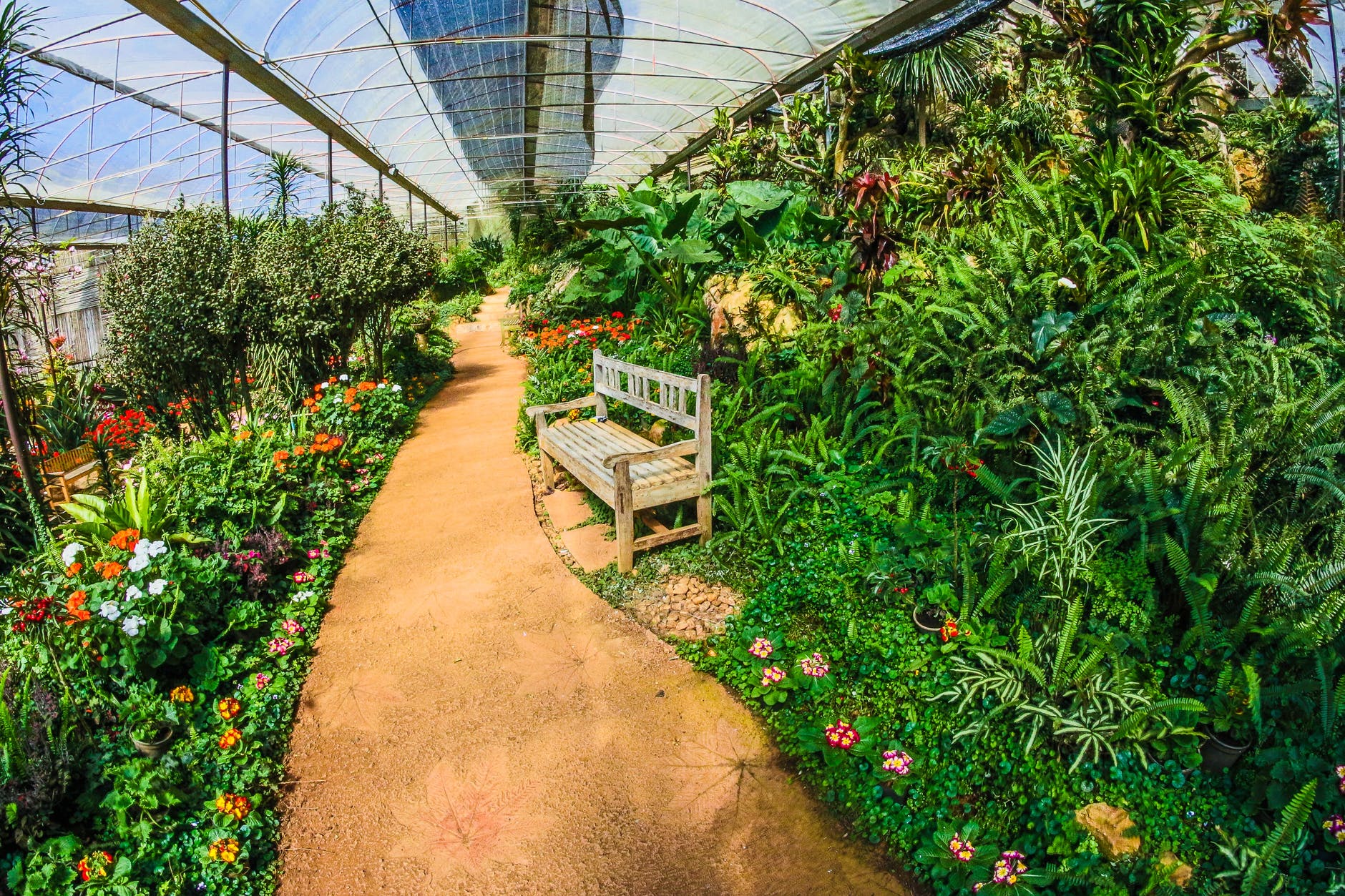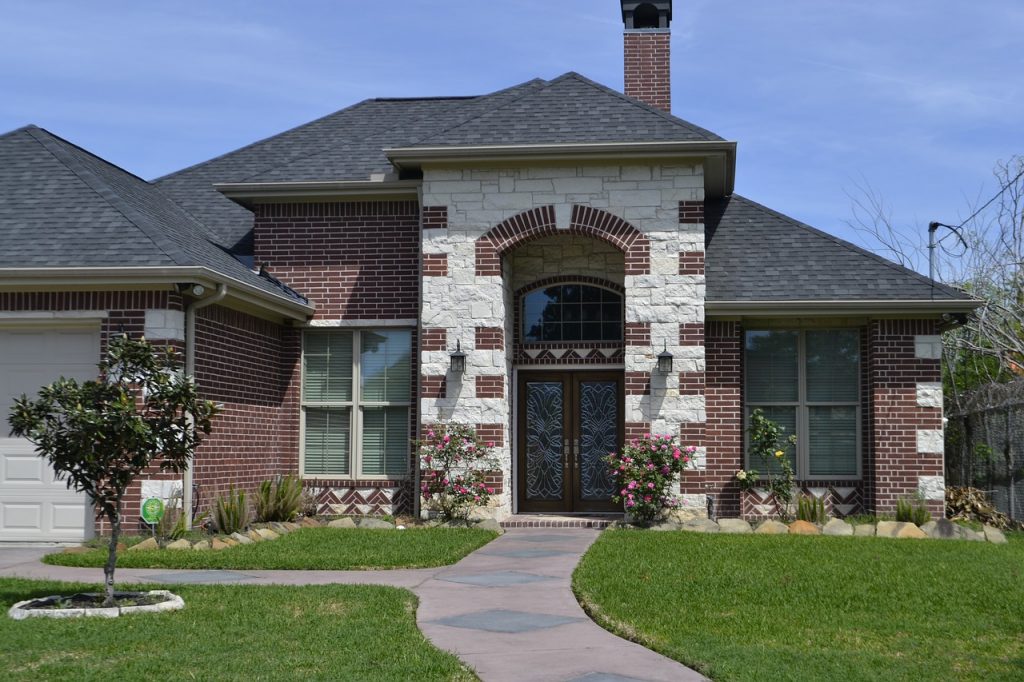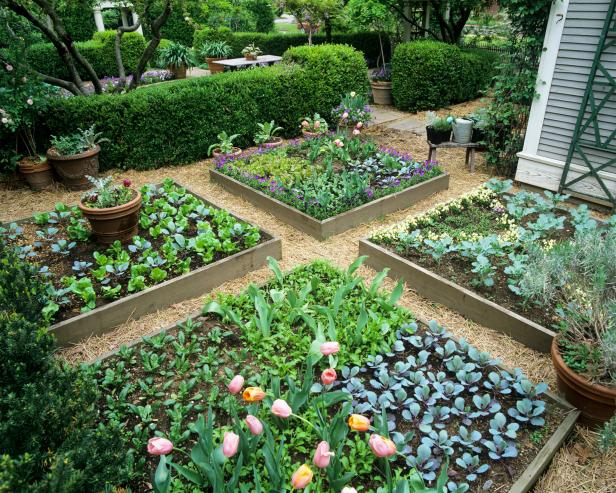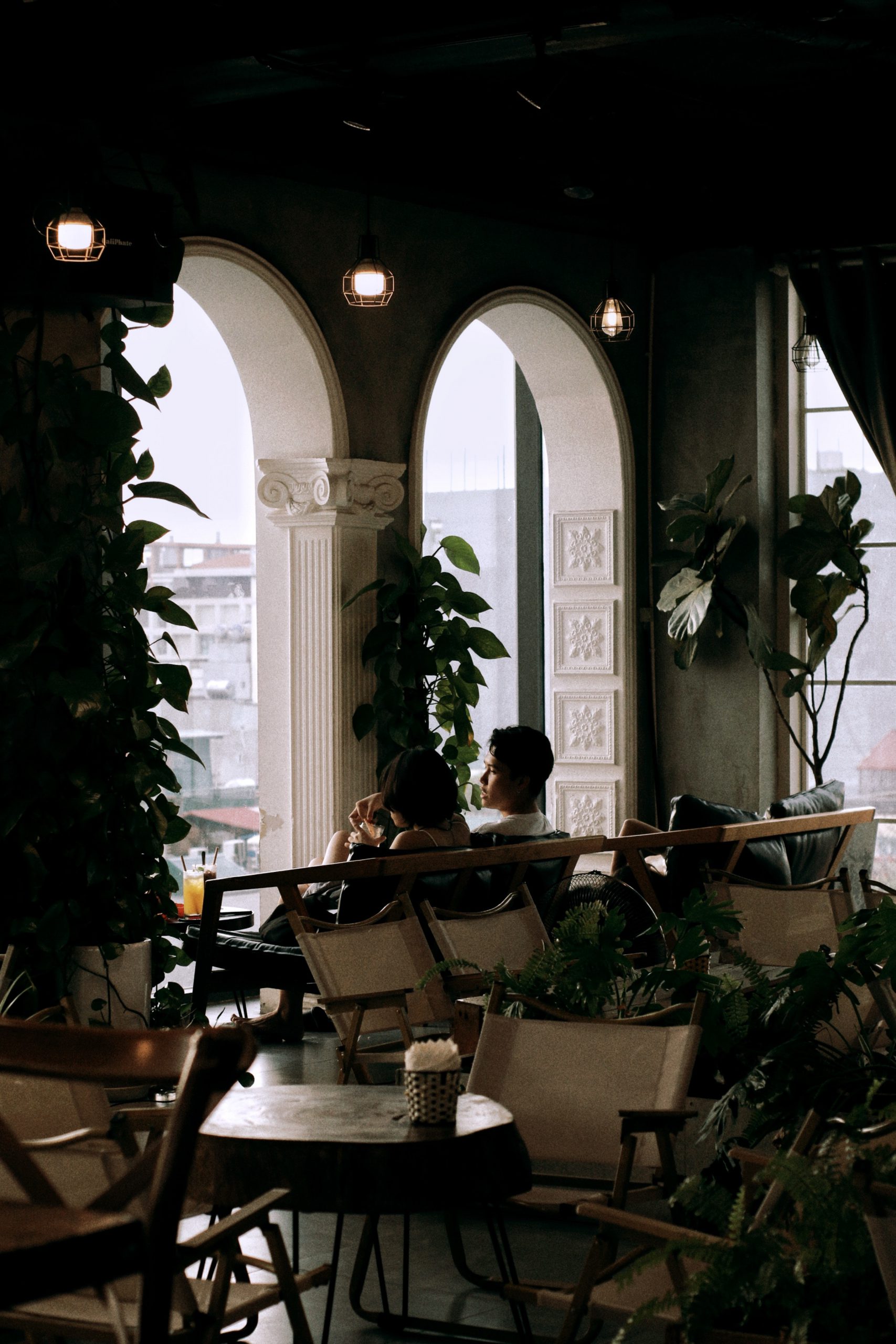At whatever point I discuss little space vegetable gardening, there’s consistently somebody in the crowd who gets some design information about designing a small vegetable nursery. Hence, it’s as lovely as it is functional. A significant number of us develop our organic products, vegetables, and blossoms in a nursery that is littler than we’d like. If your agricultural aspirations are more generous than your plot, you can use various astute design methods to use each piece of room available to you ultimately.
Try not to let restricted outdoor space keep you from evaluating your green thumb. From delectable leafy foods to blossoming designs, trees, and bushes, container gardening is the secret to developing it all in less space than you might suspect.
Read through our inventive small garden thoughts anybody can have a go at, remembering bringing the outside for the off chance that you have no yard or gallery to talk about. Prepare your green thumbs for window-box blossoms, hanging designs, small veggie nurseries, and more.
1. Use Vertical Space
All gardens – even little ones – have bunches of vertical space, so take advantage of it! You can join designers to fences or walls, or secure work or trellising to urge climbers to go after the skies. Indeed, even walls that are concealed at the base may at present have a lot of daylight for climbing designs, setting up the ideal mix for some perpetual designs of cool, clammy roots and bright leaves.
Usually, climbing or rambling designs that can be prepared to develop upwards incorporate delectable kiwi natural products, grapevines, and a host of climbing beans, peas, squashes, and vining tomatoes. Ensure supports are sufficiently strong to hold the designs up – a squash in full natural product, for instance, can be too substantial.
2. Green Up a Privacy Wall
Urban living frequently implies squeezed quarters both inside and out, so benefit as much as possible from the space you have by deduction vertically. Designer Dan Faires repurposed wood radiates from a New York City construction scheduled for destruction to make this protection wall with racks he loaded up with pruned designs.
3. Narrow Niches
If the total of what you have is a window sill, slimline gallery, or walkway, these regions can, at present, be designated out with reasonable compartments or designs. Better actually, include some grid connecting walls for climbing designs.
4. Make It Multi-Purpose
If you can’t devote your whole nursery to blossoms and just blossoms, make it multi-purpose. This patio is a feasting space, a sentimental hangout spot (hi, swing seat), and a nursery at the same time.
5. Mix Designs Up
The conventional methodology is to save a devoted area for developing vegetables, foods grown from the ground; however, in the littlest nurseries, that essentially is absurd. Take a stab at developing eatable and elaborate designs together. The outcomes can be dazzling, and in reality, there are numerous advantages to this methodology.
Designing blossoms and vegetables together makes it harder for pests to focus on explicit harvests. Simultaneously, a bounty of sprouts safeguards there is consistently gainful bugs available to fertilize blooming vegetables and a wide range of organic products.
6. In the Bag
Need more sun? No space for a raised no-burrow garden bed and need another option? Versatile normal fabric bags are perhaps the most accessible solutions for heaps of issues. In addition to the fact that they look great and arrive in various colors, however, they are effortlessly moved around to suit your circumstance with handles. They are additionally economical and last well.
7. Succession Design to Maximize Space
I just have one raised tank garden in my nursery, so space is including some hidden costs. When I designed it out around three months back, I picked an assortment of eatable designs that would develop on various occasions. This permitted me to exploit space around the edges for quickly developing ‘cut and come back once more’ lettuces (prepared in 3 a month) and blossoms, while the zucchini (that cherishes heaps of personal space) was topping off the inward region (around one square meter).
8. Somewhere to Linger
You’ll need your nursery to be someplace lovely to unwind as well, so make sure to incorporate seating inside your design. Make a seat or seat as rural or smooth as you want, and encompass it with sweet-smelling spices or fragrant blossoms to appreciate. The lettuces were gathered when the zucchini arrived at the edges of the bed, so I’d had a long time of food before its forgets about began to conceal the edges, and it began to blossom and produce. The blossoms (alyssum and calendula) additionally pulled in pollinators, so when the zucchini and capsicums were blooming, they had bunches of accommodating guests to set organic fruit!
9. Pick the Right Shrub for Shade
If your yard or patio is shady, think about designing a steel shed or steel building for conspicuous blue, pink, or purple blossoms (subject to your dirt’s sharpness) will include a sprinkle of shading from pre-summer through summer.
10. Transform Your Steps
Change every single space that isn’t being utilized in your back yard into a designing opportunity. It won’t occupy a lot of room, yet it has a major effect. A good example? These blossom beds on the step edges. Steps, patios, and stepping stools are shouting out to be used as viable developing spaces and straightforward answers for some individuals. Steps are designed to be fundamentally solid to take heavier loads, for example, natural product trees in pots, highlight designs, and enormous containers.
11. Landscape Your Entryway Wisely
Because your entrance isn’t massive enough for a fantastic nursery doesn’t mean you can’t present a dash of greenery. With the right scene design, a couple of thin trees, a grower, and some little shrubberies, it’ll feel like a zen garden.
12. Take Advantage of Your Sun Room
If you don’t have any extra outside space for a nursery, exploit radiant territory inside your home. An enormous delicious will cause you to feel like you’re in a desert garden. A fig tree is likewise consistently a smart thought.






